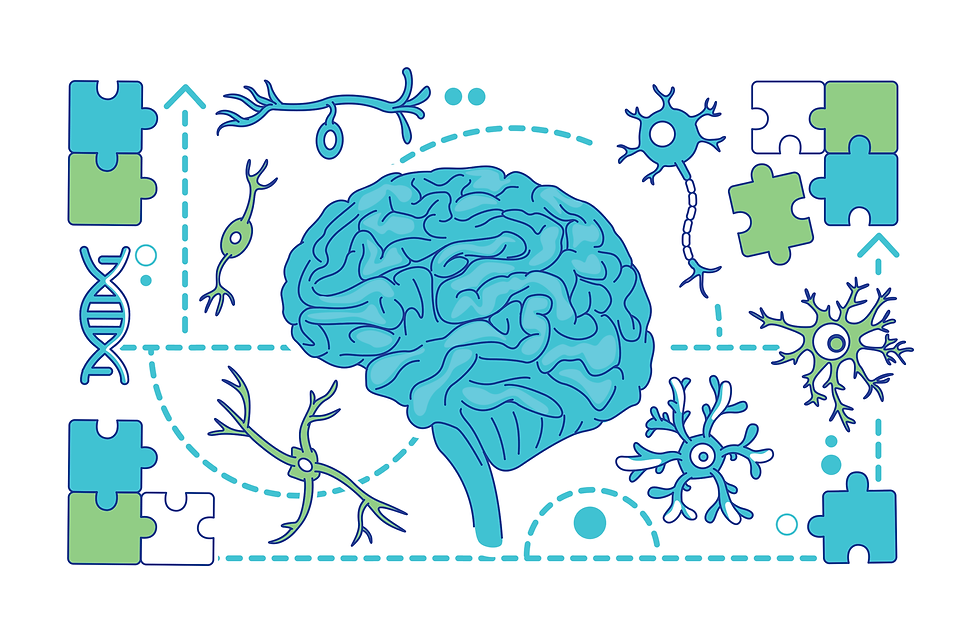Autism research studies are being conducted constantly by reputable organizations, and they continually seek volunteers and they often pay the participants. And many of the studies are conducted remotely (questionnaires, communications, etc.) and do not require in-person involvement. If grandparents are caregivers or guardians of grandchildren with autism, they can often qualify for research participation.
On its website the Autism Society of Central Virginia (ascv.org) lists a variety of current research studies that are taking place nationwide. Simply go to the website and search “research studies.”

I looked at the list on April 28, 2022, and it contained 28 research studies that were looking for participants. The ASCV groups the studies into five categories: infants, children, adolescents, adults, and gender diverse individuals.
Within the Infants category, for example, is Drexel University’s study of communication tools used by infants with autism. They pay the participants.
The Children category includes a study of significant sleep disorders in 3 to 7-year old children with autism, a study of the impact of COVID-19, a study of auditory hypersensitivity, and others.
Examples in the Adolescents category include a study on sex education and one on transition planning (to adulthood).
The Adults category includes studies on employment experiences, physical activity habits, experiencing pain, and others.
There are three fundamental ways that we autism grandparents and our grandchildren and our grandchildren’s parents can benefit from participating in research studies. First, we are likely to gain information and strategies that can be helpful to our grandchildren. Second, we will form potentially beneficial relationships with autism experts. And third, we will feel good about helping to elevate the overall understanding of autism.
As I said, many, if not most, of these research studies welcome the participant of “caregivers” as well as parents. Often autism parents are so consumed by daily challenges that they don’t have time for such participation. But often we grandparents do!

